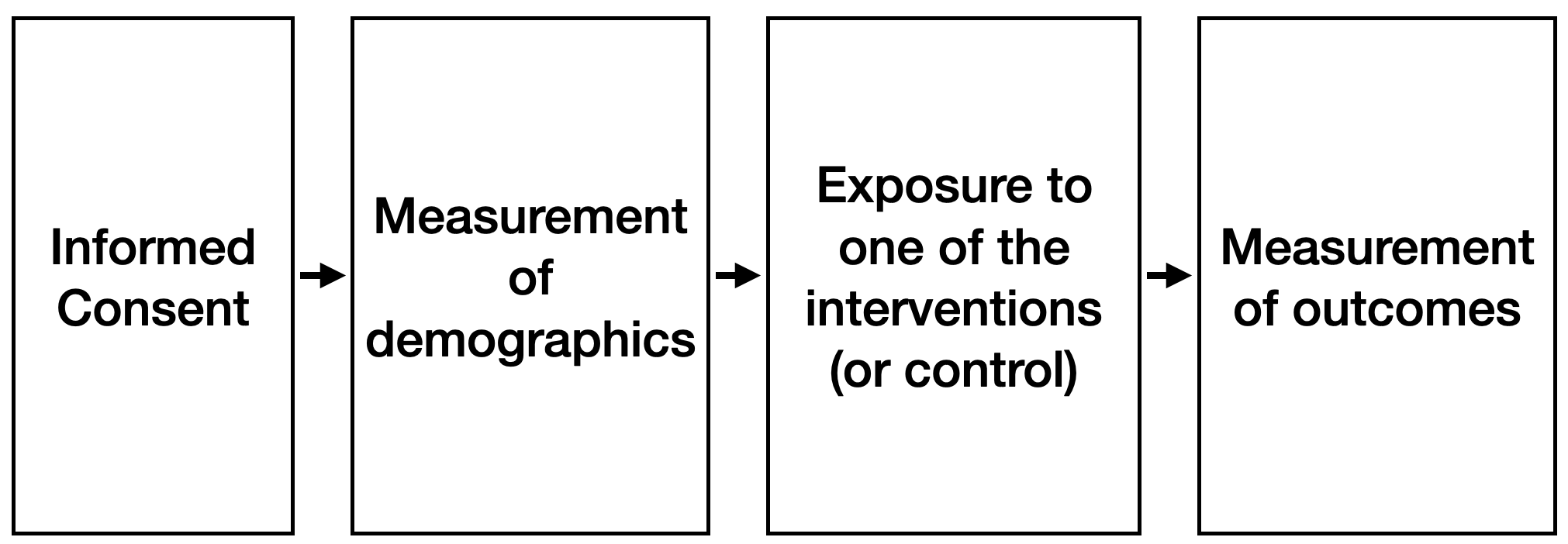| Dimension | Item | Response Options |
|---|---|---|
| We are interested in your general opinion about climate scientists. In answering the following questions, think about climate scientists specifically in the context of their work/research. | ||
| Competence | How incompetent or competent are most climate scientists? | 0 = Very incompetent … 100 = Very competent |
| How unintelligent or intelligent are most climate scientists? | 0 = Very unintelligent … 100 = Very intelligent | |
| How unqualified or qualified are most climate scientists? | 0 = Very unqualified … 100 = Very qualified | |
| Integrity | How dishonest or honest are most climate scientists? | 0 = Very dishonest … 100 = Very honest |
| How unethical or ethical are most climate scientists? | 0 = Very unethical … 100 = Very ethical | |
| How insincere or sincere are most climate scientists? | 0 = Very insincere … 100 = Very sincere | |
| Benevolence | How unconcerned or concerned are most climate scientists about people’s wellbeing? | 0 = Very unconcerned … 100 = Very concerned |
| How uneager or eager are most climate scientists to improve others’ lives? | 0 = Very uneager … 100 = Very eager | |
| How inconsiderate or considerate are most climate scientists of others’ interests? | 0 = Very inconsiderate … 100 = Very considerate | |
| Openness | How open, if at all, are most climate scientists to feedback? | 0 = Not open … 100 = Very open |
| How unwilling or willing are most climate scientists to be transparent? | 0 = Very unwilling … 100 = Very willing | |
| How little or much attention do climate scientists pay to others' views? | 0 = Very little attention … 100 = A great deal of attention |
Motivation
While trust in scientists is moderately high globally (Cologna et al. 2025), climate scientists have consistently been found to be less trusted than scientists from other fields and scientists in general (Druckman et al. 2024; Ghasemi et al. 2025; Schrøder 2023; Schug, Bilandzic, and Kinnebrock 2024). Lower trust in climate scientists could hamper societies’ ability to address climate change, resulting in high personal and societal costs.
Strengthening trust in climate scientists matters: Across 55 countries, trust in climate scientists was the strongest predictor of belief in climate change and support for climate policy (Todorova et al. 2025).
Increasing trust in climate scientists may therefore be an important lever to accelerate climate action and strengthen societal resilience to climate change. There is currently only a small number of behavioral intervention studies on increasing trust in climate scientists. The Strengthening Trust in Climate Scientists Megastudy aims to fill this gap.
Survey process

Outcome(s)
Our main outcome of interest is people’s trust in climate scientists, along various dimensions (see Table 1). All intervention proposals should only target this outcome variable. In addition, we will also measure several other variables which remain to be determined.
Interventions
For details on the interventions, please see the Collaborate page.
Participants
Sample size
Once we have selected interventions, we will run a power simulation to be included in our preregistration.
Recruitment
We will recruit a representative sample of the U.S. population based on several demographic variables.
Open science
Following best open-science research practices, a detailed overview of data collection procedures, research questions, and analyses will be preregistered on the Open Science Framework.
Upon publication, all data, code, and materials will be publicly available.
Timeline
